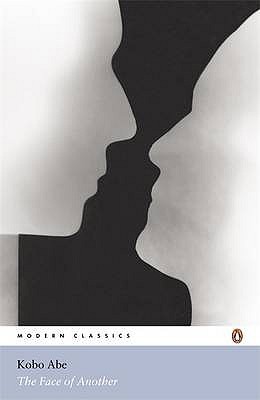1 January – 31 December 2016
For the 2016 edition of Read 52 Books in 52 Weeks hosted by Robin of My Two Blessings on a special blog just for this annual challenge, I set myself the goal to read my way through the English alphabet of writers from A to Z (women) and from Z to A (men). It goes without saying, that I had no problem whatsoever to complete this challenge since I have been posting a review every Friday for four years now. I must admit that some of the letters – notably X and Z – have been a hard nut to crack, but in the end I succeeded in finding two authors for each of them. As usual, I alternated female and male writers, classical and contemporary works thus making my double alphabet more varied. Actually, I could include not just 52 but 53 new literary gems, some more brilliant than others, in my list of reviewed books here on Edith’s Miscellany because my review of The Man Who Searched for Love by Pitigrilli went online on 1 January. This book doesn’t count for the challenge, of course, and I haven’t included it in my alphabet.









